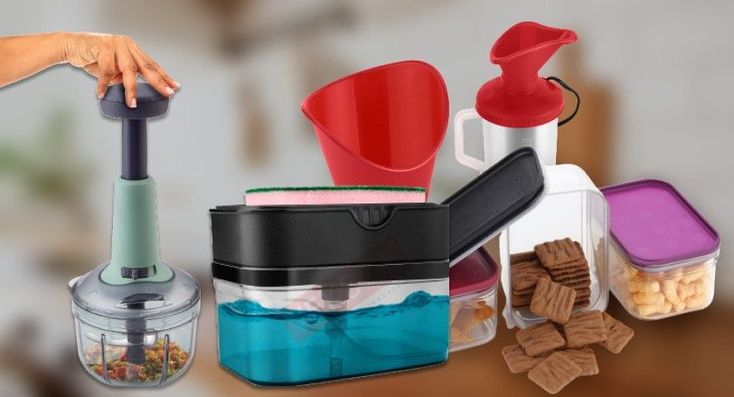- Research conducted by Toxic-Free and the Amsterdam Institute for Life and Environment at Vrije Universiteit revealed that 70% of tested black plastic items contained flame retardants.
Plastic is known for its durability, cost-effectiveness, and recyclability. It’s ubiquitous, found in food containers, water bottles, and kitchenware. Most households have plastic utensils like cups, plates, spoons, and even non-stick pans. However, plastics can be harmful.
Electronics such as televisions are manufactured with flame retardants like Decabromodiphenyl ether (DecaBDE), which slow down or prevent burning.
When electronic waste is recycled into new plastic products, including kitchenware, these harmful substances can leach into food during cooking, especially when exposed to high heat. Thus, while recycling plastics is often seen as a way to reduce pollution, it may pose even greater risks.
DecaBDE has been linked to serious health issues, including endocrine disruption, cancer, reproductive problems, respiratory issues, and weakened immune function. Although the U.S. Environmental Protection Agency banned DecaBDE in 2021 due to its harmful effects, the ban does not apply to existing products.
Research conducted by Toxic-Free and the Amsterdam Institute for Life and Environment at Vrije Universiteit revealed that 70% of tested black plastic items contained flame retardants.
While it may be nearly impossible to completely avoid plastic, you can make healthier choices for your kitchen. Consider replacing non-stick pans with aluminum or earthenware options, and swap plastic spoons for wooden or stainless steel alternatives.
